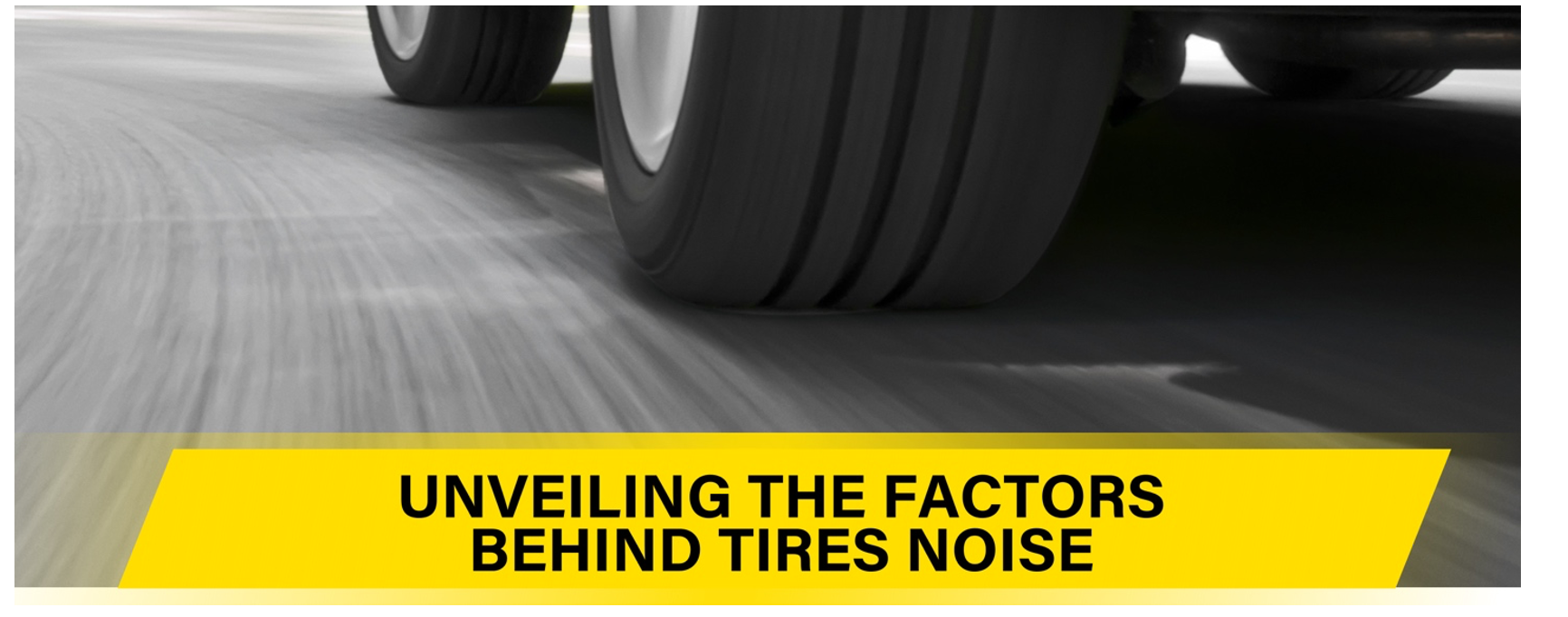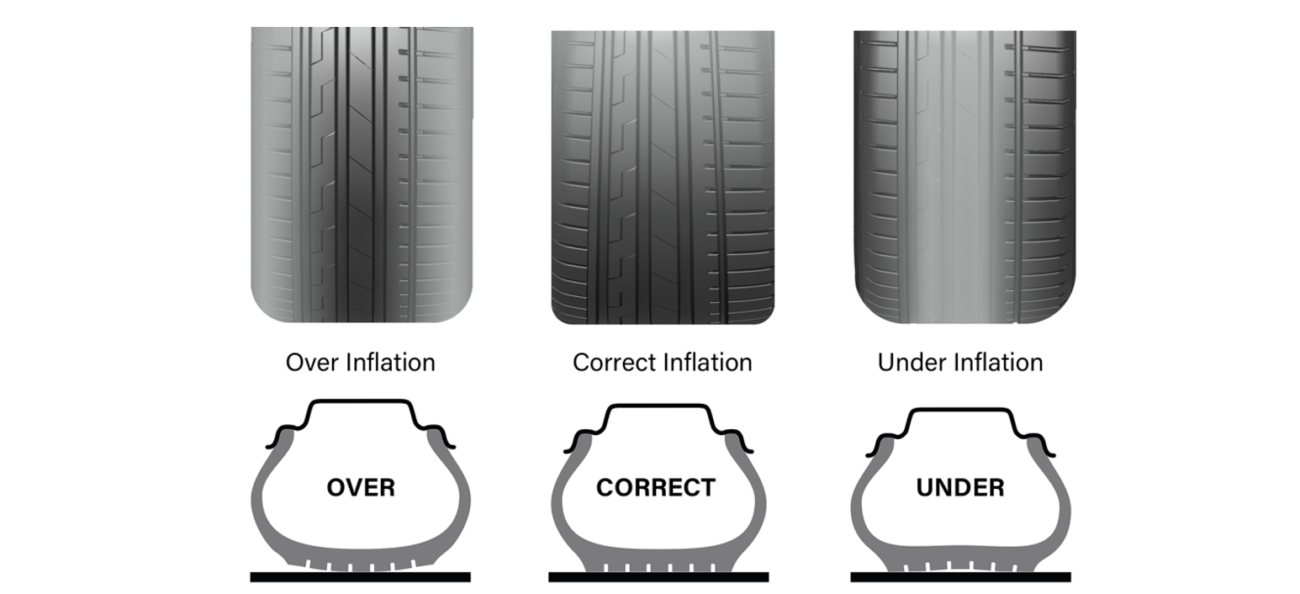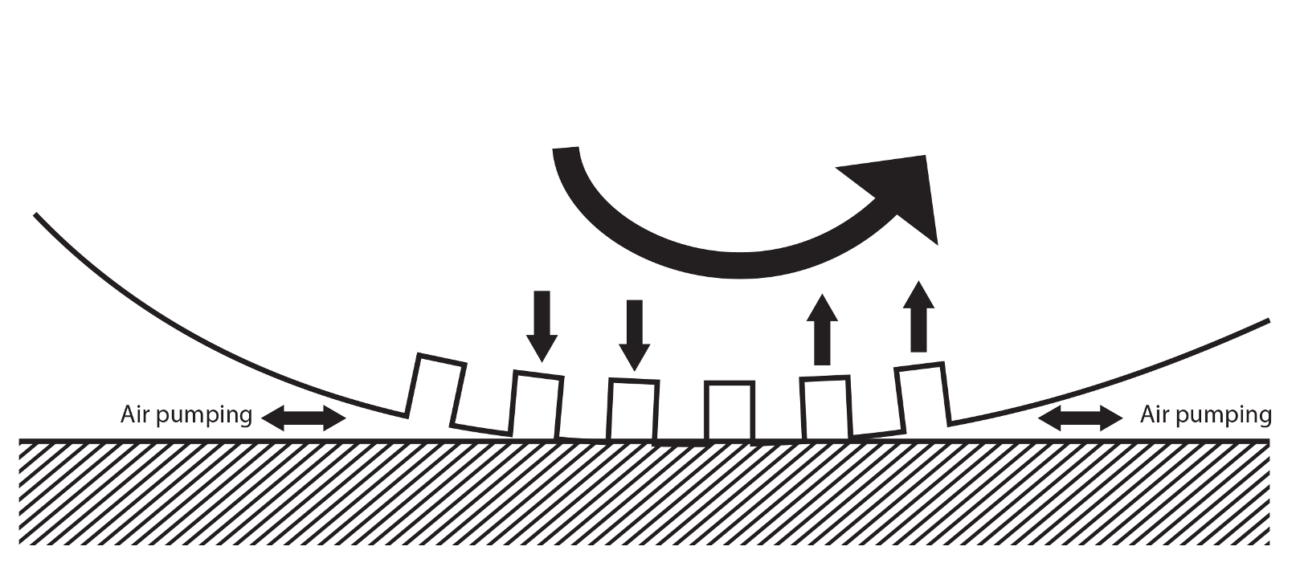What causes tire noise? TIRE 101

Tire noise can be a significant concern for many drivers, affecting the overall driving experience.Understanding what causes tire noise is essential for every car owners. This article explores the primary factors contributing to tire noise and the technological advancements designed to reduce it.
So, what causes tire noise?
Tire noise originates from the interaction between the tires and the road surface, influenced by several physical phenomena:
Vibration and Air Compression
The tires’ interaction with the road causes the air in the tire treads to compress and release as the car drives. Particularly at faster speeds where the air is being squeezed more quickly, this process makes noise. The noise is further amplified by the air trapped inside the tire, which functions like a drum. Due to more air compression and vibration, this noise is louder the quicker the car moves.
Road Conditions
The state of the road surface has a significant impact on tire noise. The smooth rolling motion of tires is disrupted by rough roadways that have cracks, potholes, and uneven surfaces. There are vibrations produced when tires strike these irregularities because they briefly lose and then restore contact with the road. There are audible thumps and bumps as a result of these vibrations passing through the suspension and chassis of the car. The number and depth of the road defects as well as the vehicle’s speed determine how loud this noise is.
Compound and Tire Tread Design
Tire compound and tread design have a big influence on noise levels. Large, aggressive tread blocks on tires often create greater air compression and release during rolling, which results in more noise. On the other hand, tires with tread blocks that are smaller and closer together are usually quieter. Noise levels are also influenced by the material used in tire compounds, with softer compounds often making less noise than harder ones.
Factors Affecting Tire Noise
Understanding the various factors that influence tire noise can help drivers make informed decisions about tire selection and maintenance. Here are additional aspects that play a significant role in tire noise:

Improper Tire Inflation
In order to control noise, tire inflation levels are essential. Underinflated tires produce more noise when they strike the road because the sidewalls flex too much. Conversely, overinflated tires produce a firmer contact patch, which increases road noise transmission. For the best tire performance and to reduce noise, it is imperative to maintain the proper tire pressure.
Vehicle Load and Speed
The load carried by the vehicle and the speed at which it travels can influence tire noise. Heavier loads increase the contact pressure between the tire and the road, amplifying noise. Higher speeds also contribute to increased noise due to faster air compression and vibration.
Wheel Suspension and Alignment
Uneven tire wear can result from worn suspension parts and improper wheel alignment, which can increase noise. Uneven tire contact with the road due to misaligned wheels can produce noise. Similar to this, worn-out suspension components are less able to properly dampen road vibrations, which lets more noise into the cabin of the car.
Technological Advancements in Reducing Tire Noise
Modern tire technology has made significant strides in reducing tire noise, enhancing the overall driving experience. Here are some key advancements:
Silent Technology by Giti
Giti Tire has introduced innovative technology to combat tire noise effectively. Giti Silent Technology utilizes a laser beam to adhere foam to the inner wall of the tire tightly. A pressing roller then compresses the foam, creating a buffer layer that absorbs vibrations from road contact. This technology has been proven to reduce interior car noise by 2 to 4 decibels, providing a quieter and more comfortable driving experience.
On the highway and long journeys…

Everything comes down to air! The tires become noisier as you increase speed because air is forced in between the treads. Furthermore, the sound is further amplified by the air trapped inside the tire, which functions like a drum.
Advanced Tread Design
Modern tire manufacturers employ advanced tread designs to reduce noise. These designs often feature asymmetrical patterns, variable pitch sequencing, and optimized tread block placement. Such designs help minimize air compression and release, reducing the noise generated by the tires.
Noise-Reducing Materials
The addition of compounds that reduce noise in tire manufacture is another noteworthy development. These substances, which include specific rubber compounds and sound-absorbing foam, aid in damping vibrations and lowering noise. Manufacturers are able to provide a quieter ride by integrating these materials into the tire’s structure.
Aerodynamic Improvements
Aerodynamic enhancements to the vehicle and tire design can also reduce noise. Features such as aerodynamic wheel covers and optimized tire sidewalls help reduce air turbulence around the tires, leading to lower noise levels. These improvements contribute to a smoother and quieter driving experience.
In summary
Tire noise can be caused by a number of things, such as incorrect inflation, tread design, road conditions, and air compression. Owners of vehicles and automakers can successfully manage noise issues by being aware of these factors. Tire noise has been greatly reduced by technological developments including Giti Silent Technology, sophisticated tread patterns, noise-reducing materials, and aerodynamic enhancements. Drivers can enjoy a more comfortable and quiet journey by implementing these advancements, which will improve their overall driving experience.
